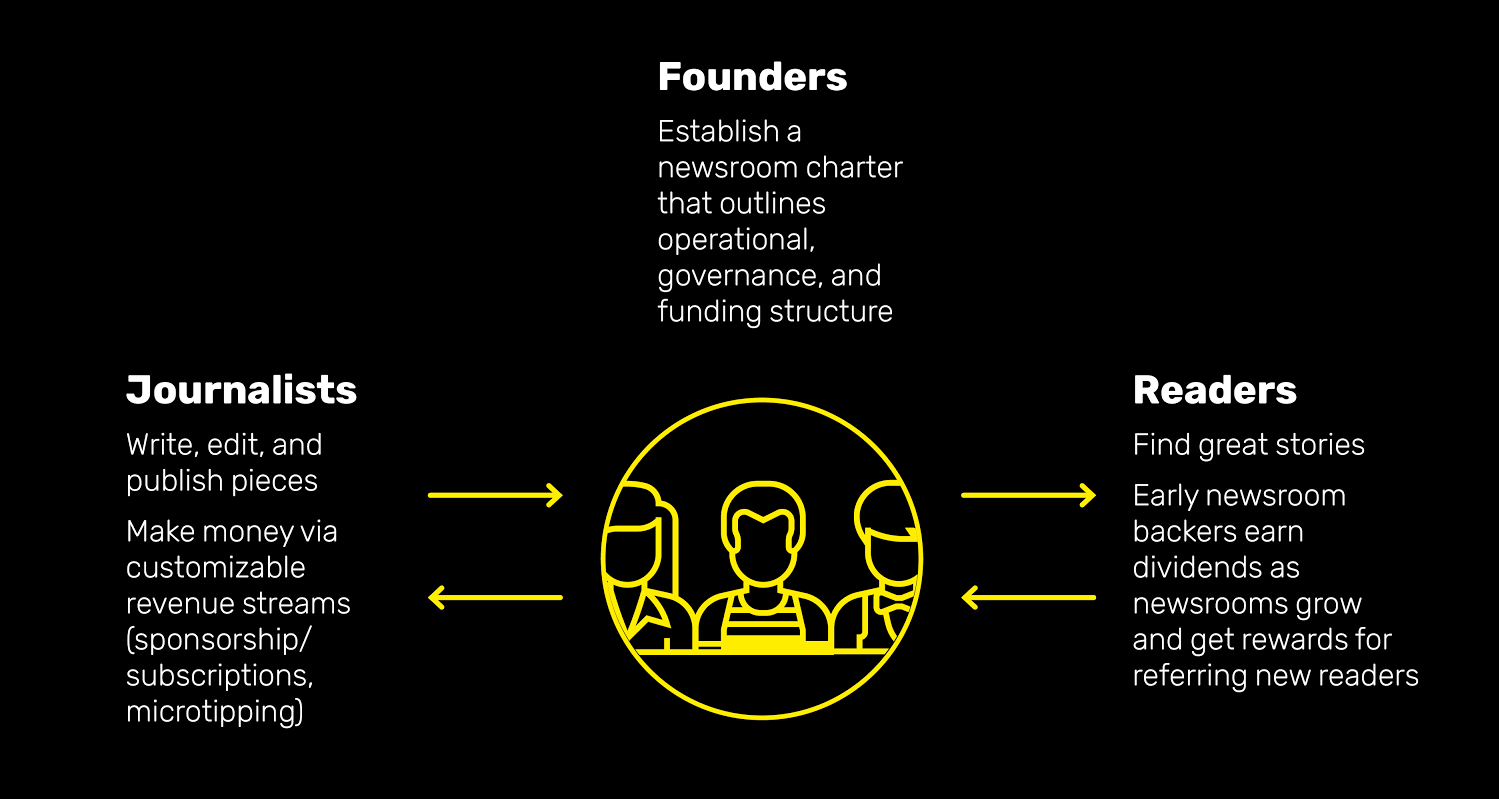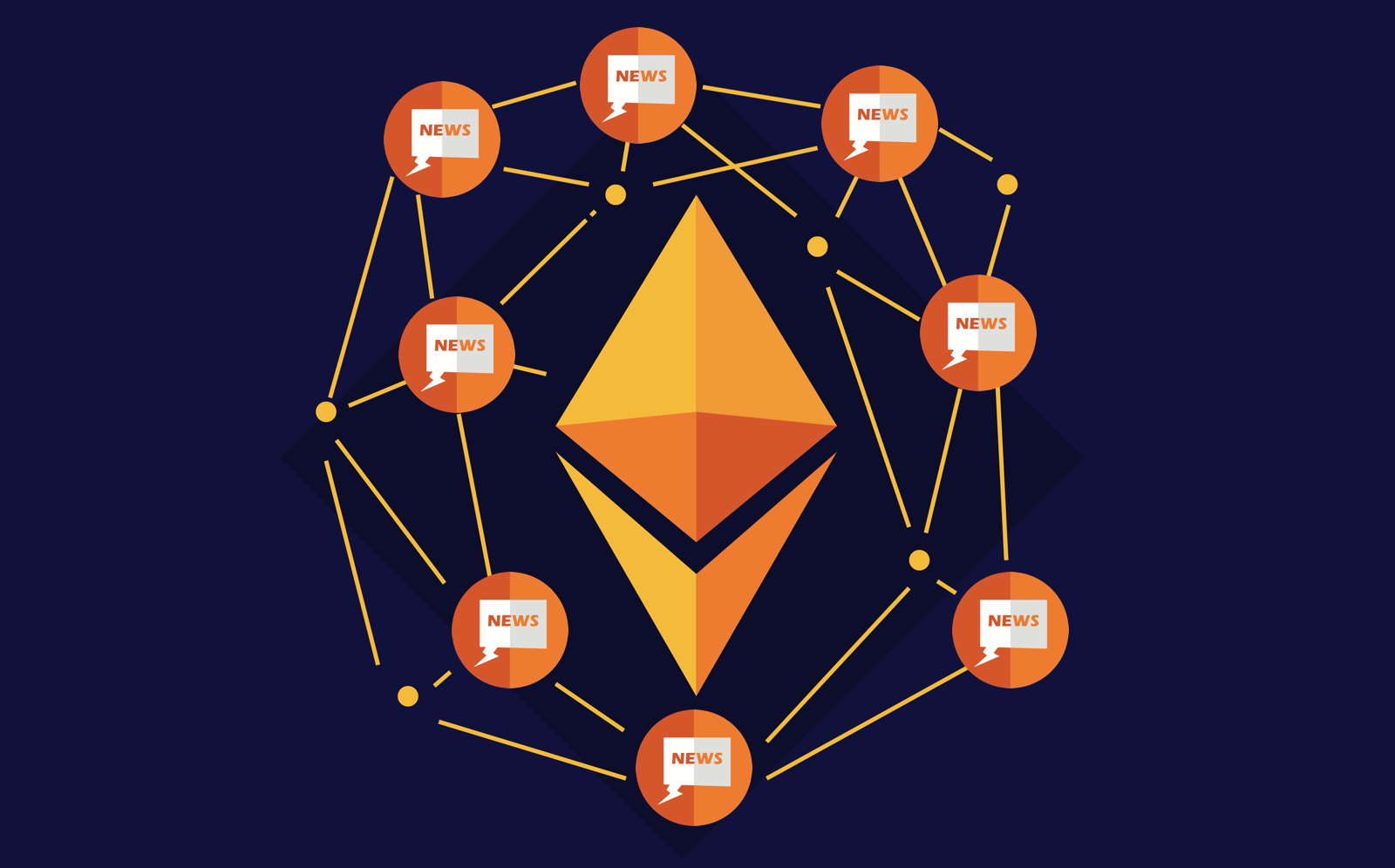Let’s set the stage: journalism, the business of news production, is having an increasingly difficult time making ends meet. Since the almost ubiquitous switch to the digital consumption of news, periodicals have lost most of their revenue. And it’s pretty certain that most people don’t want to cough up the money for a subscription, when they’ve been getting all of their news for free.
So where does that leave the world of journalism? Essentially, financial incentives reward the headlines that draw the most views, as more traffic means more eyes for advertisements. Consequently, the important topics that need coverage can be overlooked in favor of those that make money. This is compounded by a dependency on rich owners and parent companies, which have their own agendas to push.
Furthermore, the loss of revenue has led to the cutting of vital staff, which you’ve probably heard about in the news that you didn’t pay for. The biggest concern is the loss of statehouse journalists, who are stationed in capitol buildings around the country to keep politicians and policymakers on their toes.
In effect, journalists are struggling to survive and can’t afford to report the information most vital to sustaining an informed public (read: democracy). Depending on who you ask, the future of journalism, as it stands, is looking pretty grim.
Enter Civil, “a slightly mysterious, definitely radical startup,” which is trying to revitalize and revolutionize the journalism industry. They are trying to use blockchain, which will ring a bell if you remember Bitcoin going viral, “to build a new kind of social network for news. A place where the community makes sure quality conversation and facts thrive and that falsehoods and trolls get booted off.”

Civil is essentially trying to build an ecosystem for journalism on an unproven economy. “But for that to work, Civil needs regular folks to buy “CVL” tokens, a cryptocurrency that might be able to throw journalism the lifeline it so desperately needs.” In considering cryptocurrencies, you might recall some people giving away their life savings, hoping to become lambo-owning millionaires, but getting totally burned instead.
Cryptocurrencies can be incredibly unstable, and most people don’t have any idea how they work. This doesn’t sound very promising as a viable way to save journalism. So how is Civil different?
Well, first of all, not just anyone can buy in. They are requiring that you pass a test before you can buy any tokens. Furthermore, they are capping the initial value of the tokens: the maximum value, if they were to sell 34 million tokens, would be at 74 cents per token.
They’re effectively discouraging speculative investment, making sure that you understand CVL and blockchain and that you’re truly committed to the cause of sustainable journalism. So how hard is this test? It’s really hard, apparently.
I’ve been quoting a podcast called “Zig Zag,” which is one of Civil’s grantee newsrooms. (They’re one of 14 initial newsrooms.) The podcast is self-referential, as it follows Manoush Zomorodi and Jen Poyant, as they try to build the podcast, start their own tech company and work with Civil to develop a new future for journalism. They just completed season one, in which they documented their journey in learning more about the startup’s plan to use blockchain to establish a democratic ecosystem.
So you would think that they, who directly work with Civil, and who dedicate their podcast entirely to learning about the technology, would be able to pass that test. Manoush, with audible embarrassment, admits to failing on her first go. The difficulty of the test is telling of Civil’s commitment to an informed consumer.
A converse question arises, however: If the people who are following closely and making a concerted effort to understand the material still can’t pass this test, is the barrier to entry too high? Will this turn off too many people and kill the project before it even starts? “Zig Zag” voices these very concerns.
Manoush and Jen are candidly honest through their podcast. They let you know what their concerns are, as well as how stressed and excited they are. They communicate their hopes and their disappointments, and they’re refreshingly honest in providing all that they know about Civil and its plans. It is really promising to know that Civil still supports them while they consistently expresses doubt as to the company’s aspirations. It shows that they are disposed to transparency.,
Okay , so it’s evident that Civil expects participants to be well informed about blockchain, but how does it save journalism? Well the basic idea is that it will use this new blockchain technology to create a decentralized platform that allows CVL token holders to support the news that they love most. It is aiming to turn the tokens into a form of voting.
In this way, the platform becomes democratic, wherein good journalism is rewarded with more funds, and bad practices can be deterred. There’s also a Civil Constitution that sets some ground rules for how people can and can’t use their CVL tokens. They are trying to be as thorough as possible, in setting up precedents on how blockchain can be a truly revolutionary tool, if it used correctly.
I only have so much room in this article to explain Civil and its potential to be revolutionary. If you’d like to know more, or maybe, if you’d like have a stake in shaping the future of journalism, then I urge you to check out Civil. I also recommend Zig Zag to bring you up to speed with what the technology is, and the potential that it has. They’re worth following, even if you don’t plan on participating yourself.
There is a lot at stake over the future of journalism. It could make or break the American democracy. Initiatives like Civil present promising opportunities to change the course of history. That’s how they’re pitching it anyways. Regardless, it will be interesting to see how the technology develops, and what that might entail for the future of journalism, and our economic structures at large.

















